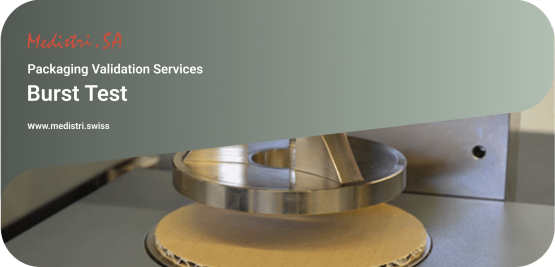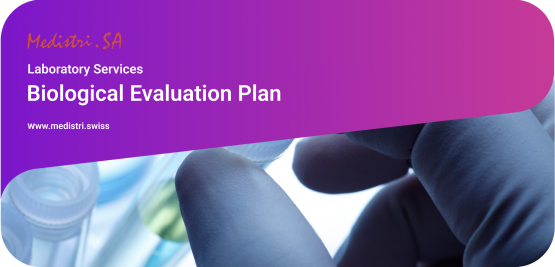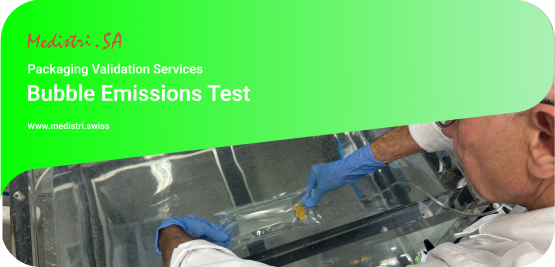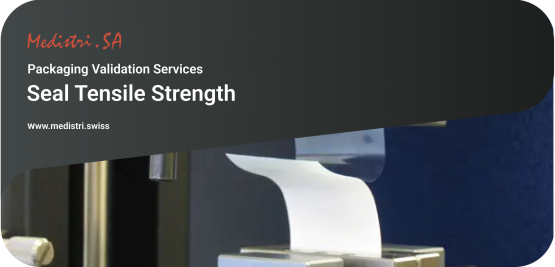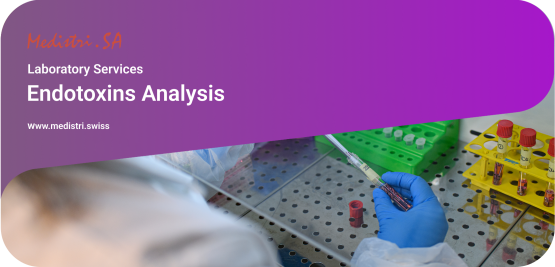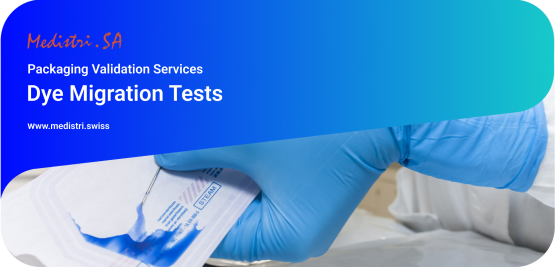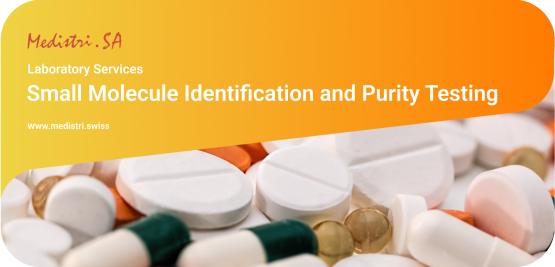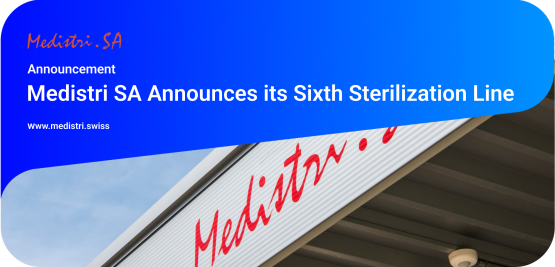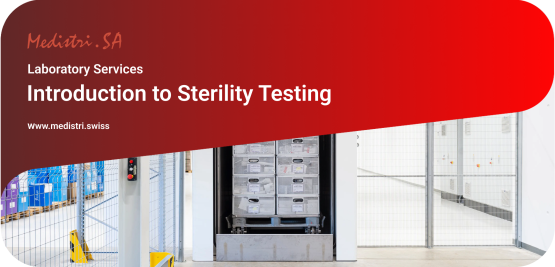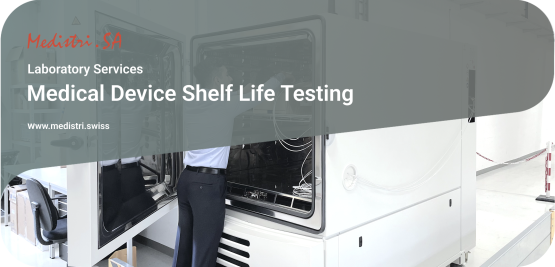Burst Test
The Burst Test, as defined by the International Organization for Standardization (ISO) in ISO 2758, is a globally recognized method for assessing the bursting strength of paper. This test, also known as the Mullen Test, is applicable to paper with bursting strengths ranging from 70 kPa to 1,400 kPa.
Biological Evaluation Plan
A Biological Evaluation Plan (BEP) is an essential step in the medical device production process. This plan is aligned with the ISO 10993, the international series of standards for the biological evaluation of medical devices.
Bubble Emissions Test
Bubble leak testing is an important method in the medical packaging industry to detect critical leaks within packaging. This test is particularly useful for validating the integrity of packages and bags, which is necessary to maintain a sterile environment for the contents. This test involves submerging the package or bag in water and applying a small amount of pressure to the package. The presence of a continuous stream of bubbles indicates a leak and therefore a breach of the sterile barrier.
Seal Tensile Strength
Making sure that the sterilization is done correctly is one of the main priorities in the medical device and packaging industry. All medical packaging, whether it is a single-use product or intended for resterilization and reuse, must be strong enough to be easily opened by healthcare providers while ensuring product sterility. To ensure that packaging achieves this delicate balance, many manufacturers follow test standards such as ASTM F88 to measure the tensile strength of adhesives used in medical device packaging.
Endotoxins Analysis
Bacterial endotoxins can trigger severe inflammation and death if they enter the bloodstream, cerebrospinal fluid, or intraocular fluid. Accurate detection of endotoxin levels in medical products is therefore an important part of the sterility testing process. Evaluation of bacterial endotoxin pyrogens is included in the International Organization for Standardization (ISO)’s new standard for microbiological methods.
Dye Migration Tests
Medical device manufacturers need to ensure the integrity of packaging seals. One of the key methods employed to verify seal integrity is the Dye Migration Test. This test, governed by standards such as ASTM F1929 and F3039, utilizes a brightly colored dye to visually detect any channels or leaks in the package seal. The process involves filling the package with a dye solution, subjecting it to conditions that might cause the dye to migrate through potential leaks, and then inspecting the package for any evidence of seal failure. The Dye Migration Test is an essential part of quality control processes, helping manufacturers ensure that their packaging is secure and reliable, thereby maintaining the sterility of the medical device until use.
Small Molecule Identification and Purity Testing
Small Molecule Identification and Purity Testing is essential for a variety of reasons. First and foremost, it ensures the safety of the substances we interact with. Impurities in pharmaceuticals, for example, can lead to adverse effects or diminish the efficacy of the drug. Many industries, especially pharmaceuticals, are subject to strict regulations. Purity testing helps companies comply with these regulations and avoid potential legal issues.
Medistri SA Announces its Sixth Sterilization Line
Medistri, a leading provider of contract sterilization & laboratory services for healthcare companies, is excited to announce the expansion of its sterilization capacity by adding a sixth chamber that will arrive Mid-November.
Introduction to Sterility Testing
Sterility testing is required to ensure viable contaminating microorganisms are not evident in a product. This testing is conducted by direct inoculation or membrane filtration methods and is performed in a cleanroom environment.
Medical Device Shelf Life Testing
Medical devices are labeled with an expiration date that is supported by testing shelf-life data. Medical device manufacturers wishing to gather data on the shelf life of their products may subject their devices to long-term stability studies or accelerated aging studies. There are many different endpoints that can be used to assess the shelf life of a medical device, including sterility or package integrity, so it is important that endpoints and test methodology are decided upon before testing is begun.

